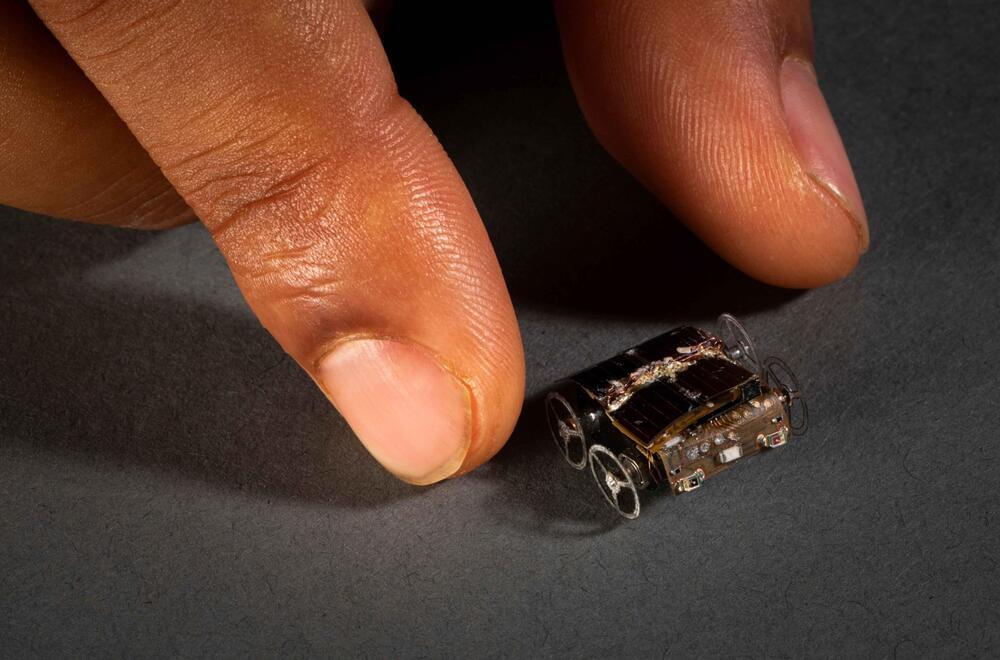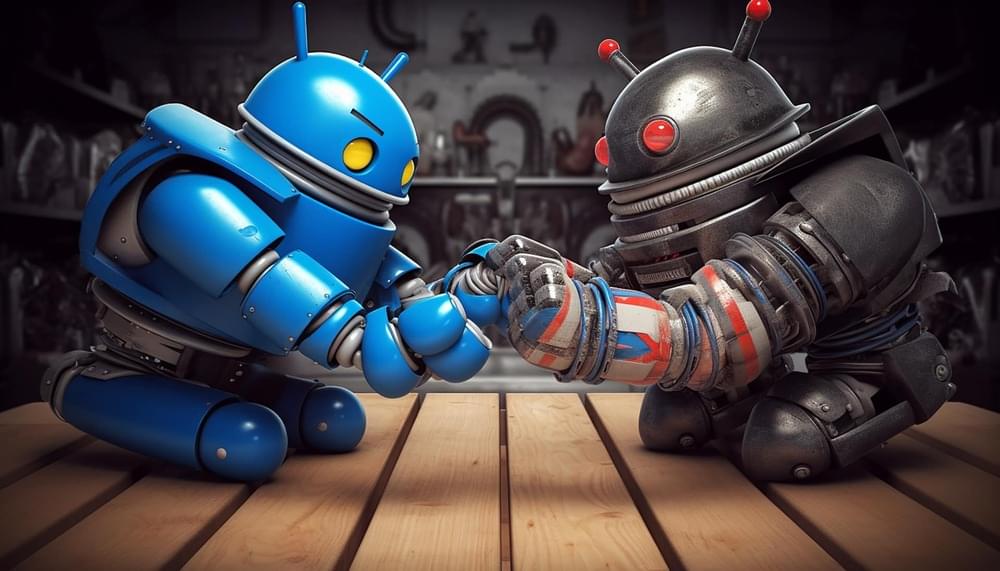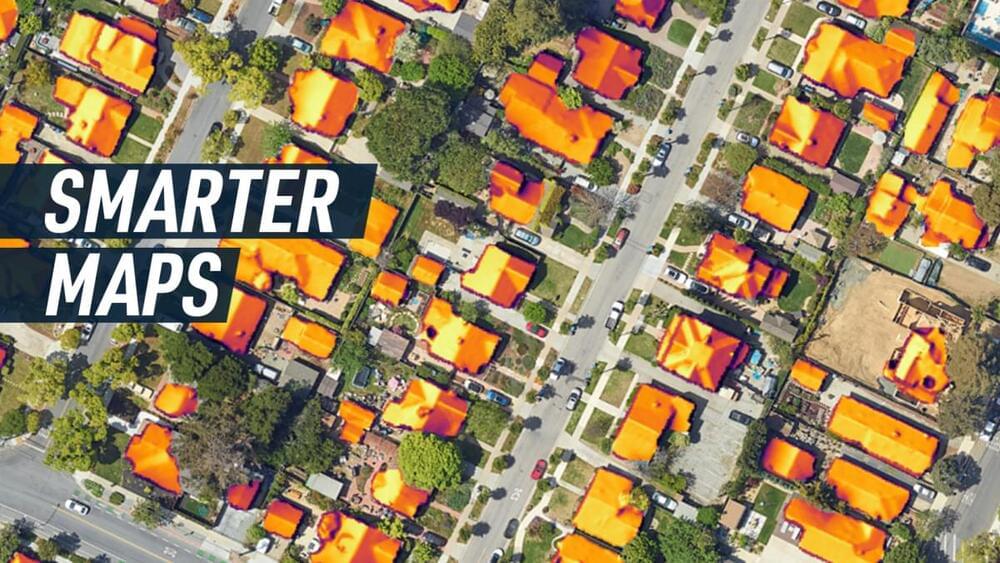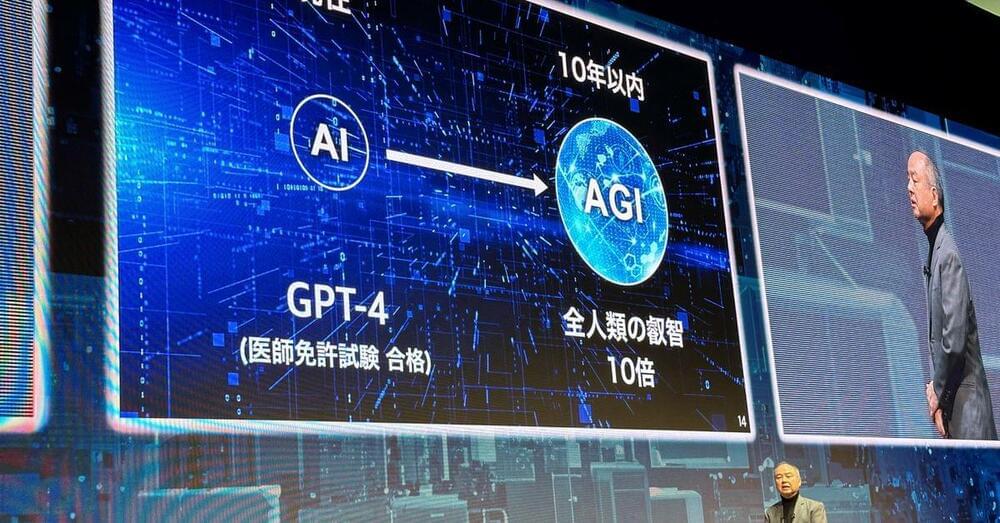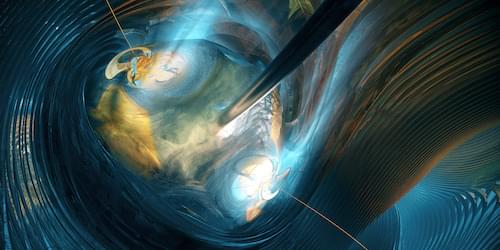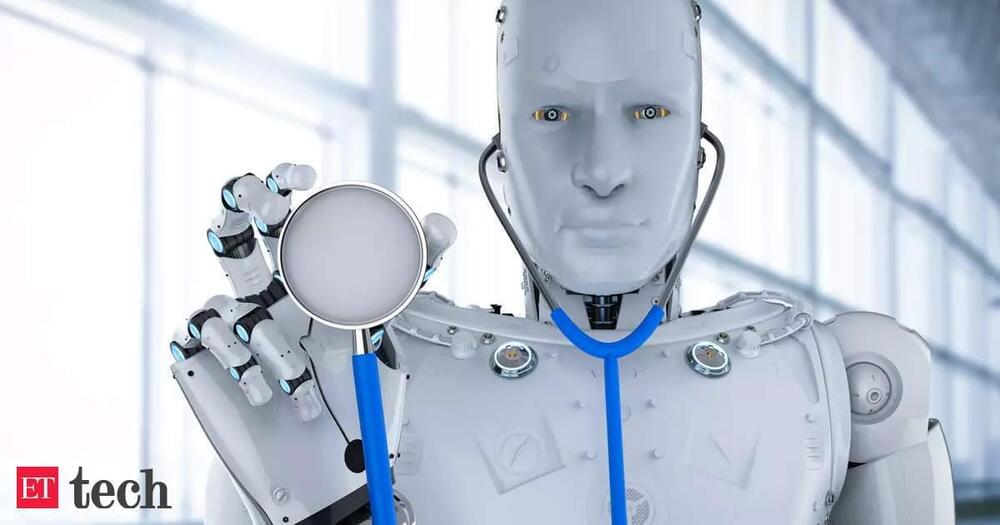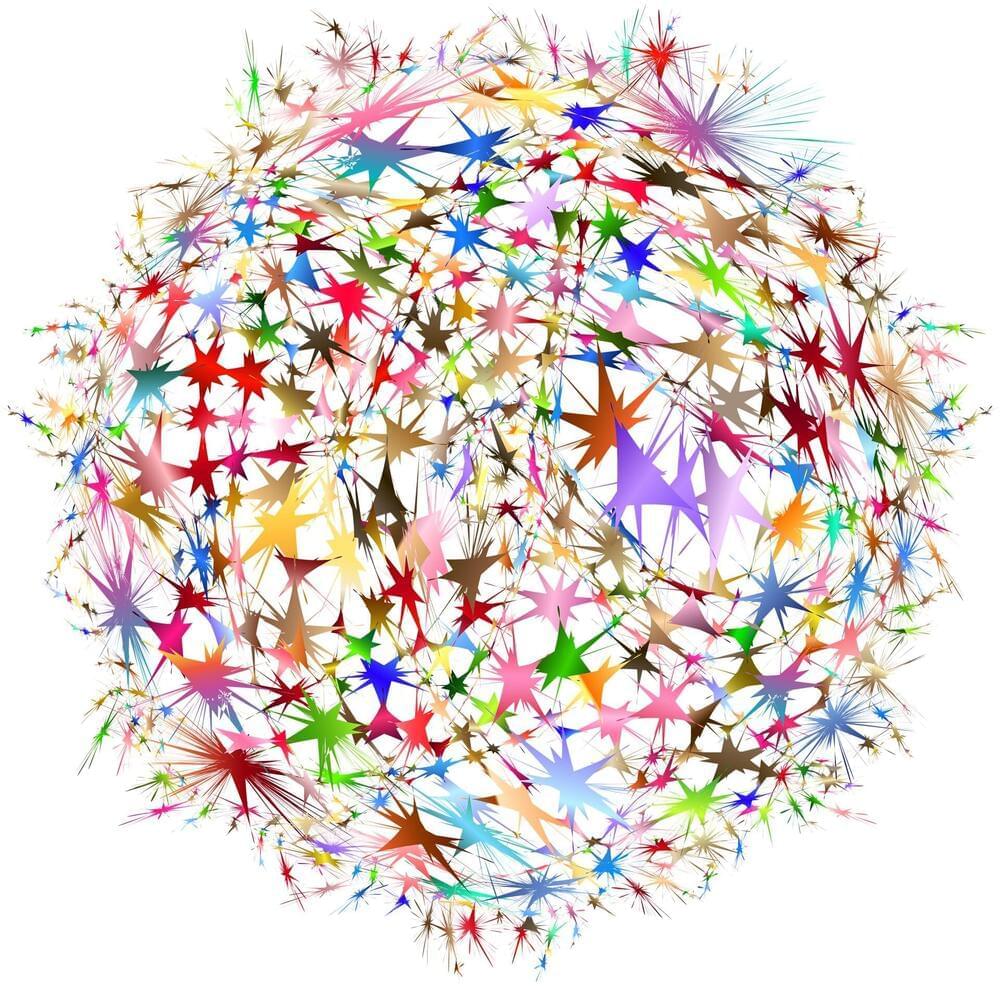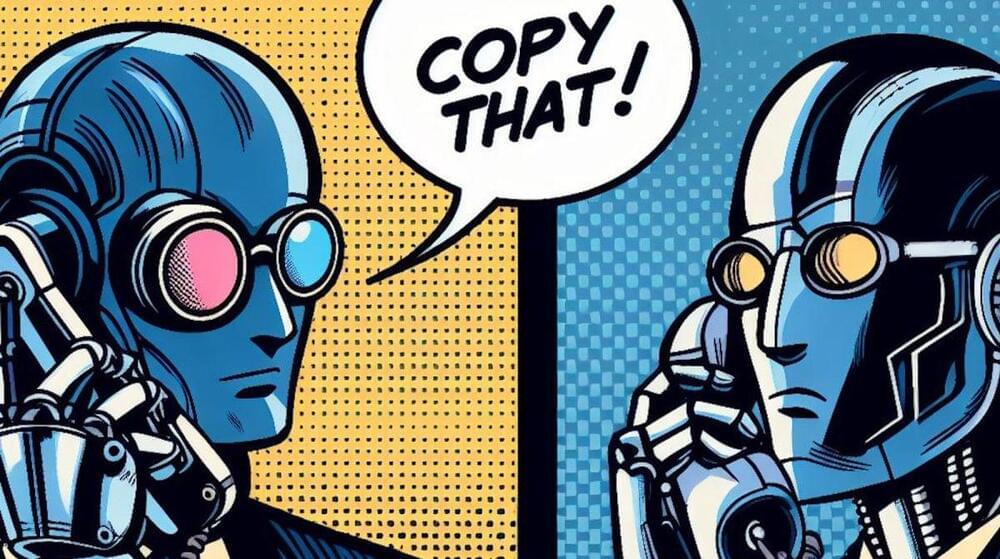Small mobile robots carrying sensors could perform tasks like catching gas leaks or tracking warehouse inventory. But moving robots demands a lot of energy, and batteries, the typical power source, limit lifetime and raise environmental concerns. Researchers have explored various alternatives: affixing sensors to insects, keeping charging mats nearby, or powering the robots with lasers. Each has drawbacks: Insects roam, chargers limit range, and lasers can burn people’s eyes.
Researchers at the University of Washington have now created MilliMobile, a tiny, self-driving robot powered only by surrounding light or radio waves. Equipped with a solar panel-like energy harvester and four wheels, MilliMobile is about the size of a penny, weighs as much as a raisin and can move about the length of a bus (30 feet, or 10 meters) in an hour even on a cloudy day. The robot can drive on surfaces such as concrete or packed soil and carry three times its own weight in equipment like a camera or sensors. It uses a light sensor to move automatically toward light sources so it can run indefinitely on harvested power.
The team will present its research Oct. 2 at the ACM MobiCom 2023 conference in Madrid, Spain.
